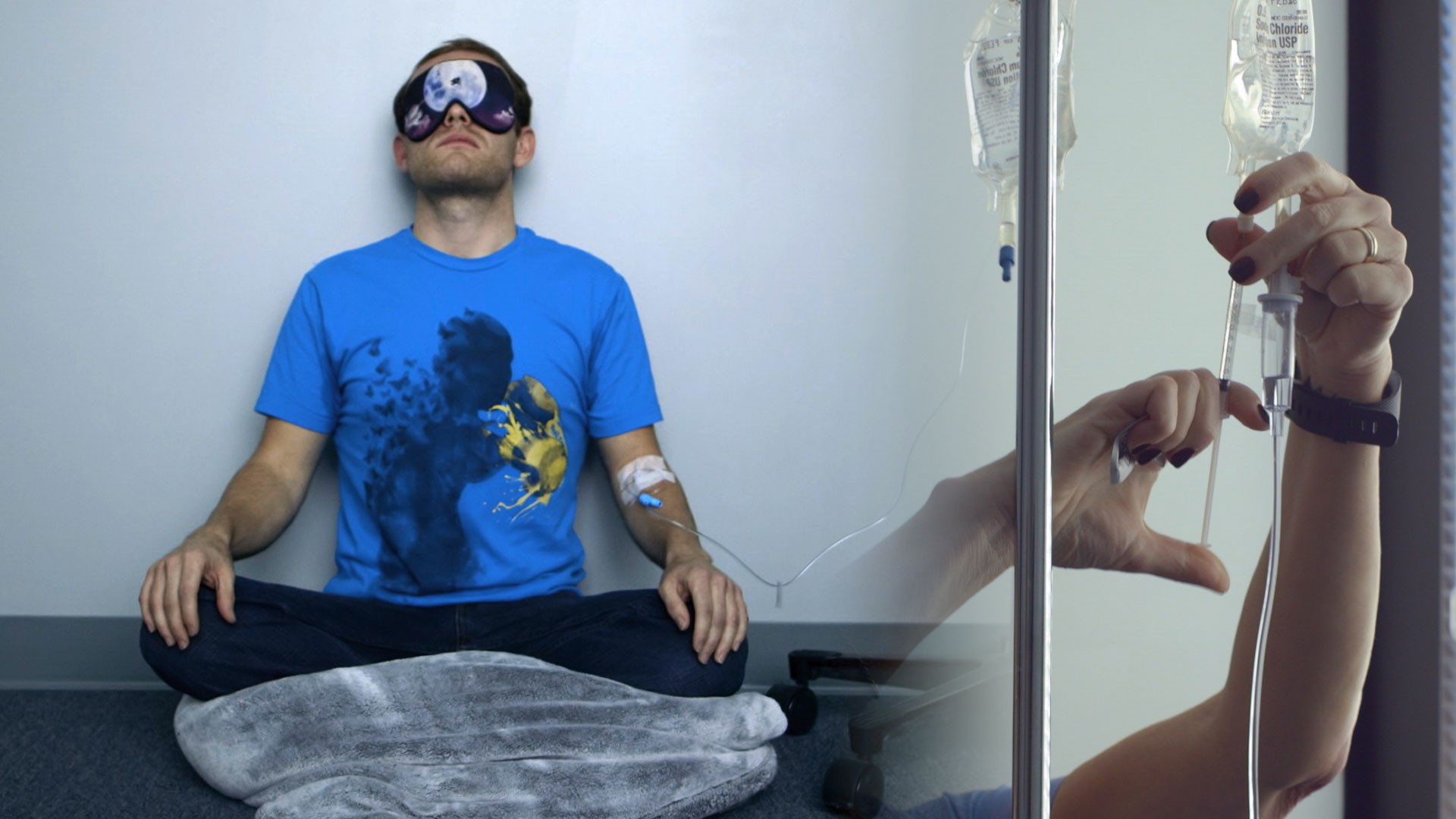Sean Locke / Stocksy
To push back on stigma and cut through the confusion, Open Minds is a series that explores your most pressing questions about mental health.I decided to abruptly stop taking my medication. I know that's not advised, but it's been a few days and I don't feel much different. Should I tell my doctor?How big a deal this is depends on a few things: your medical history and symptoms; the specific medication itself and whether you've ever stopped taking it abruptly before. Also consider what kind of support system you have access to and why you went off it in the first place.So it's only been a few days. As we've touched on in this column before, your more standard antidepressants, mood-stabilizers, and antipsychotics need roughly a month to transition fully into or out of your system. So if you're on any of those, or some combination thereof, there's a chance you might not exhibit any symptoms—of either illness or withdrawal—for another few days, maybe even weeks depending on the particulars of his situation."It's best that [the person] goes through a gradual tapering," says Eman El Gamal, a New York-based psychiatrist. "It's best done under a doctor's supervision. With some medications, stopping abruptly can lead to withdrawal symptoms."Other meds, though, are faster-acting, and basically move through your system over the course of a few hours or a day. Xanax, along with Adderall, Nuvigil, and Provigil, have half lives (how long it takes for half the dose to be eliminated from the bloodstream) of between ten and 15 hours. For Ritalin and and Vyvanse, it's even shorter. If you've been on any of these for long enough, you're probably already familiar with the feeling of crashing and entering some level of withdrawal, says El Gamal.With a medication like that it's likely best to get back on it as soon as possible since you'll have an easier go of things if it doesn't fully leave your system. And if you're taking Xanax or another benzodiazepine and have been on it for an especially long time, there's a chance that sudden discontinuation might lead to seizures, El Gamal warns. Be extra careful if your job or daily schedule involves a lot of activities like driving or operating heavy machinery—basically anything you're not supposed to do while drunk—since abruptly stopping your meds can make you dizzy and foggy.This is not to imply that some illnesses are trivial while others are not, just that different medications work in different ways. Clozapine, an antipsychotic, can be particularly dangerous to go off of cold-turkey. And the antidepressant Effexor is notorious for its awful sudden-discontinuation process, to the point that some people liken it to heroin withdrawal. I can't attest to how it stacks up in that regard, but I did once abruptly stop taking it and can say from experience that if that's what you dropped you're in for quite the ride, and should consider resuming it before the process gets too far.
Watch this from Tonic:
But once any immediate consequences of stopping cold-turkey have passed, things will still vary from person to person. Some kinds of depression might resurface immediately, El Gamal says. More cyclical mental states like mania or acute psychosis or panic disorder might lay dormant for a long time. That doesn't mean that they're gone.My guess is that your decision to go off your meds is rooted in one of the following three reasons: you feel better, and so you think you don't need them anymore; you're wrestling with the idea of being a person who does need it, and stopped because you resent it or feel ashamed; or because you couldn't tolerate the side effects. People drop their meds for all kinds of reasons. With the Effexor thing, I just didn't have enough energy to go pick up my waiting refill. That was the whole reason.The reflexive response is that what you're doing is a mistake, and that of course you still need whatever you're on. It's possible that you don't. Some symptoms are situational, not chronic. Even diseases like schizophrenia, which are more or less understood to be with you for life, can ease in their severity or frequency of episodes over time. And there are certain conditions, like eating disorders or personality disorders, that do show evidence of sometimes dissipating as we age. But whether or not you're ultimately better off without medication, you should still come off it slowly, and with a doctor's supervision.Read This Next: What Really Happens When You Drink While on Psych Meds?
Advertisement
Advertisement
Watch this from Tonic:

But once any immediate consequences of stopping cold-turkey have passed, things will still vary from person to person. Some kinds of depression might resurface immediately, El Gamal says. More cyclical mental states like mania or acute psychosis or panic disorder might lay dormant for a long time. That doesn't mean that they're gone.My guess is that your decision to go off your meds is rooted in one of the following three reasons: you feel better, and so you think you don't need them anymore; you're wrestling with the idea of being a person who does need it, and stopped because you resent it or feel ashamed; or because you couldn't tolerate the side effects. People drop their meds for all kinds of reasons. With the Effexor thing, I just didn't have enough energy to go pick up my waiting refill. That was the whole reason.The reflexive response is that what you're doing is a mistake, and that of course you still need whatever you're on. It's possible that you don't. Some symptoms are situational, not chronic. Even diseases like schizophrenia, which are more or less understood to be with you for life, can ease in their severity or frequency of episodes over time. And there are certain conditions, like eating disorders or personality disorders, that do show evidence of sometimes dissipating as we age. But whether or not you're ultimately better off without medication, you should still come off it slowly, and with a doctor's supervision.Read This Next: What Really Happens When You Drink While on Psych Meds?
